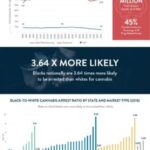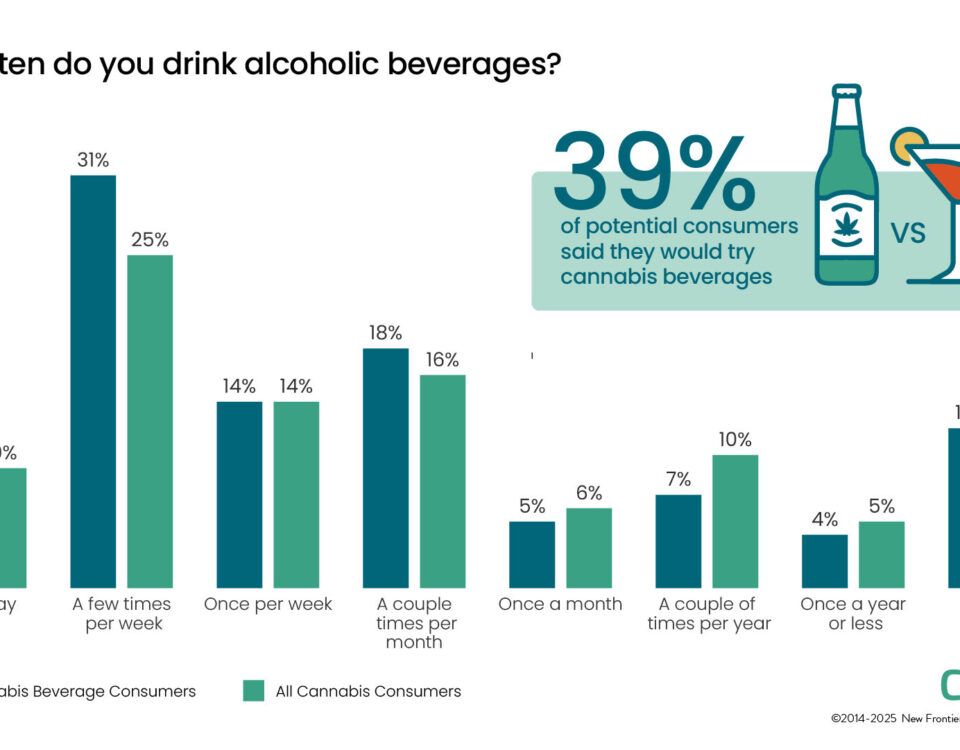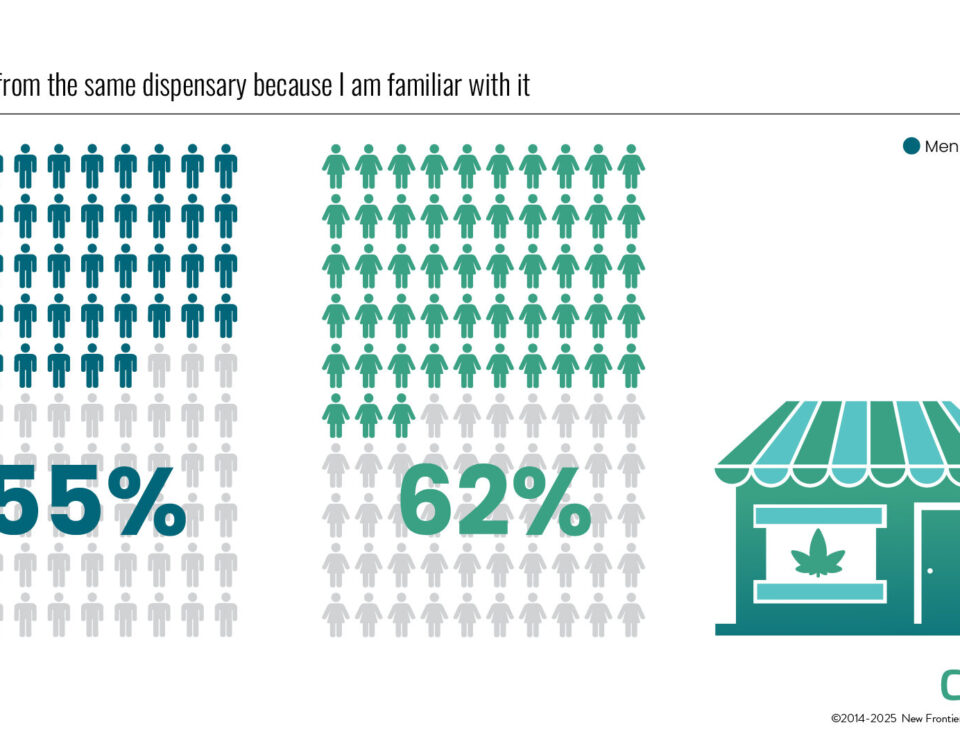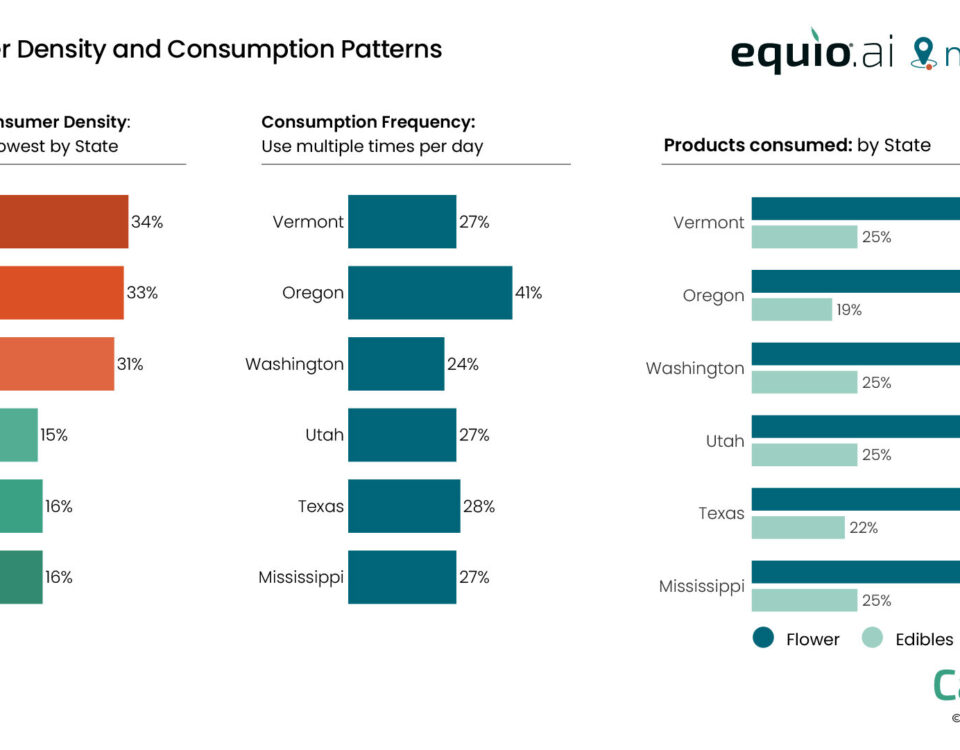Racial Disparities and Cannabis Legalization in American Policing

Word of Mouth Speaks Volumes for American CBD Consumers
June 7, 2020
Cannabis Injustice System
June 15, 2020By John Kagia, Chief Knowledge Officer, New Frontier Data
“Race is inextricably a part of the American policing system. We will never evolve in this profession if we do not address it head-on. Communities of color have paid the heaviest of cost, and that is with their lives, and our children must be safeguarded from ever having to contribute to the horrific and shameful chapter of this country’s history.”
– Chief of Police Medaria Arradondo, Minneapolis Police Department, June 10, 2020
The killing of George Floyd in the custody of Minneapolis police officers on May 25 sparked weeks of American and international protests against racial inequality and injustice in the treatment and prosecutions of black people as meted out by law enforcement officers.
According to a 2019 study, black men on average are 2.5x likelier to be killed by police than are white men, despite being more likely unarmed during such encounters.
Racial disparities in law enforcement extend throughout the judicial system. Black Americans make up 12% of the population, yet account for 33% of the nation’s prison population. Conversely, white Americans account for 63% of the population though 30% of inmates. In raw numbers, despite the white population’s being 5x larger, nearly equal numbers of whites and blacks are incarcerated in U.S. prisons.
It is impossible to decouple the disproportionately higher rates of nationwide arrests and incarcerations of black Americans from the enforcement of drug laws, and specifically marijuana laws. Despite seismic shifts in social attitudes toward cannabis in the past quarter-century, the laws in most states have been much slower to keep pace, resulting in a striking dichotomy between broad public acceptance of cannabis (with two-thirds of adults supporting full national legalization) abutting continued punitive enforcement of marijuana laws.
In 2018, more than 26 million Americans reported their regular consumption of cannabis, marking a 74% increase among the population since 2009. The trend has been fueled by convergence in recognition of the therapeutic value for medical cannabis, greater understanding of cannabis’ comparative health effects relative to alcohol and other drugs, and erosion of the stigma associated with cannabis as more jurisdictions have decriminalized and legalized its use.
Despite the surging usage rates, prohibition enforcement continues apace. In 2018, someone in the U.S. was arrested on average every 48 seconds for a cannabis offense or more than 660,000 times that single year. While arrests rates have fallen from a peak of more than 870,000 in 2007, marijuana continues to make up the largest category of U.S. drug arrests, accounting for upwards of half (45%) of all drug-related charges. Meanwhile, since 1996, nearly 17 million people have been arrested on marijuana offences, a number equivalent to 5% of the overall U.S. population.
More detailed analysis of the arrest data underscores striking racial disparities in how marijuana laws are enforced. Despite black and white Americans using cannabis at nearly equal rates, a 2020 report by the American Civil Liberties Union found that black Americans nationally were more than 3.5x more likely to be arrested on marijuana charges than were white Americans. In states demonstrating the most marked disparities — namely Montana and West Virginia — blacks were nearly 10x times likelier to be so arrested.
Strikingly, there is no state in the nation where blacks have been less or equally likely to be arrested than are whites. In every one of the United States, there is a demonstrably, disproportionately higher likelihood of being arrested if one is black.
Legalization logically plays a role in reducing the total number of arrests. As New Frontier Data recently reported here, marijuana arrests in Colorado declined 92% between 2008 and 2017. Yet, even so, disparities persist, with blacks being more than 1.5x likelier than whites to be arrested in the Centennial State.
The proposals for police reform sparked by George Floyd’s death are wide-ranging, including more detailed vetting of police recruits, elimination of police officers’ qualified immunity which raises the bar to prosecution of police misconduct, unsealing officer records, eliminating the use of chokeholds and other high-risk restraint techniques, and reapportioning police budgets toward more community-focused programs. However, while such proposals might each serve to reduce the probability for fatal law enforcement interactions, they do not fundamentally address and cannot solve why black Americans are at greater risk of adversarial interaction with police in the first place.
“I smell marijuana” is an oft-cited reason for initiating an arrest or investigation by police, and though marijuana is now so widely used throughout American society, minority communities continue to bear the brunt of punitive prohibition enforcement. Addressing acute disparities driving marijuana prohibition enforcement by legalizing cannabis represents a key component toward a remedy.
Given the long-term negative impacts that a marijuana-arrest record can have on lifelong economic and health indicators, legalization would afford obvious opportunities not only in reducing police interactions but eliminating the cascading social impacts which arrests disproportionately inflict upon the black community.
Certainly, marijuana legalization offers no panacea for deeply entrenched racial inequities in American society. However, legalization would provide an important mechanism toward dramatically reducing the disproportionately more common criminalization of black people for marijuana possession and use, especially amidst the sea change in public opinion wherein most Americans now live in jurisdictions where cannabis is legal in some form, and a combined one-tenth of the populace are now regularly consuming it.
Over the next few weeks, New Frontier Data will further examine aspects from the intersections of cannabis prohibition, minority communities, and the growing cannabis industry. We will explore the impacts of how civil asset forfeiture laws create incentives for law enforcement agencies to seize assets from people they allege are involved in marijuana-related offences, despite never having to bring charges. We will also explore the legacy of marijuana enforcement in the black community, and its effects toward recognizing diversity in the cannabis industry. Critically, we will analyze how federal banking laws have made it pragmatically impossible for those most impacted by prohibition to now participate in the growing legal industry.
Even before the pandemic and protests, 2020 was going be an important year for cannabis legalization with states from New Jersey to Mississippi vying to pass legalization ballot initiatives, and the Democratic Party’s coalescing around reforms to federal cannabis policy in its presidential campaign platform. The national debate now roiling over policing practices and equitable law enforcement will only add further urgency to calls for legalization as a contributing pillar to national policing reforms.




